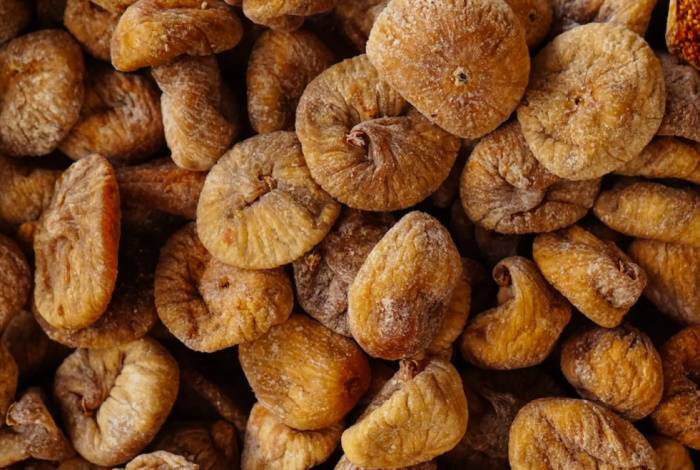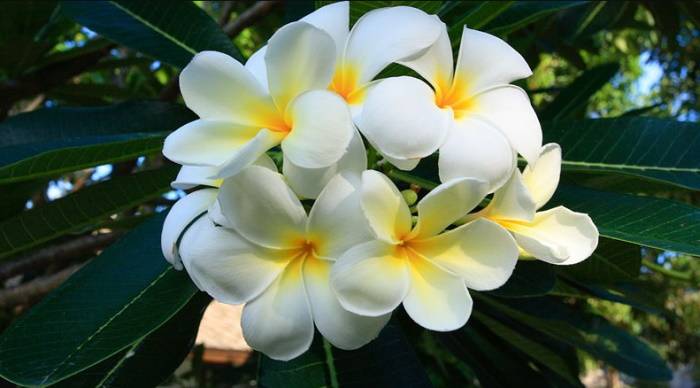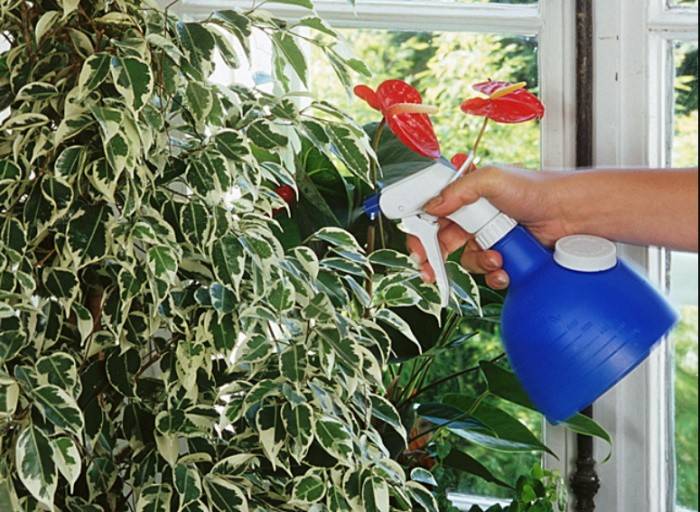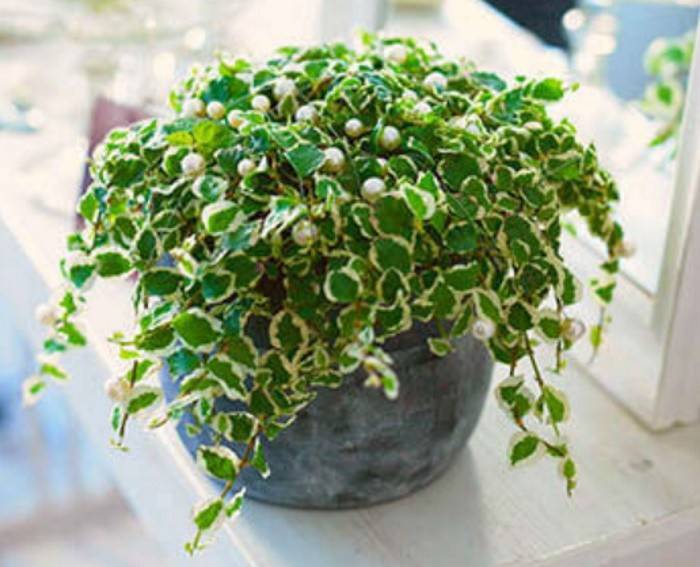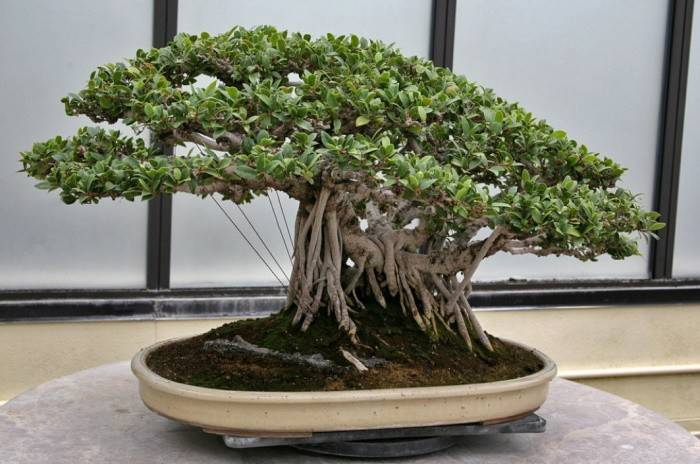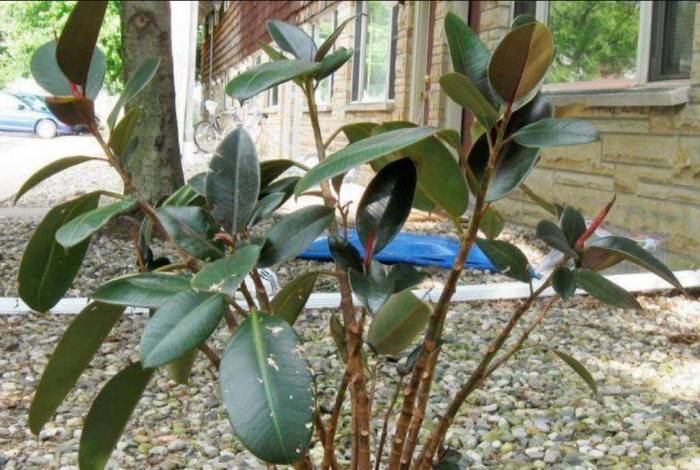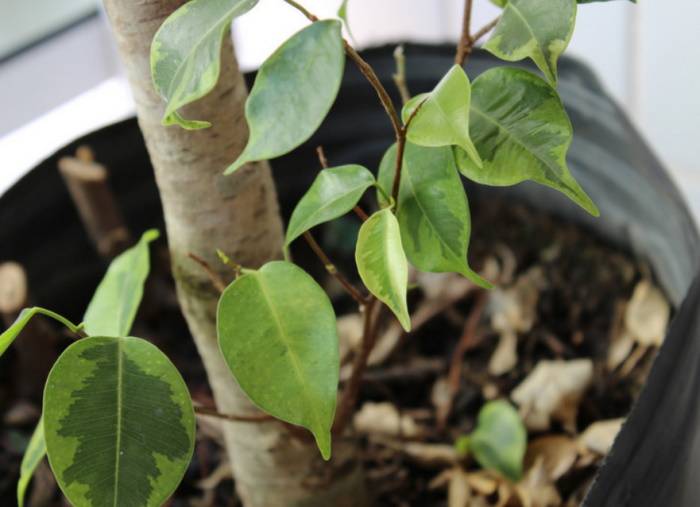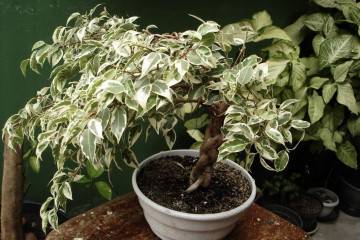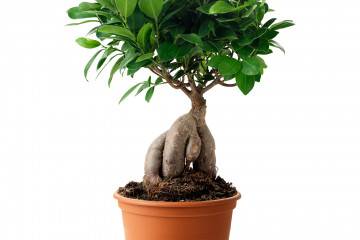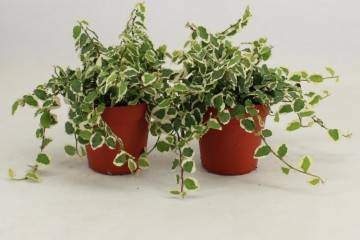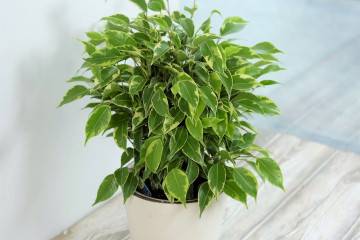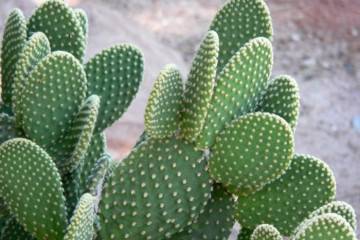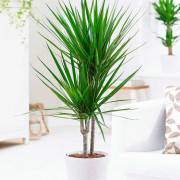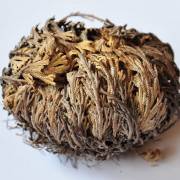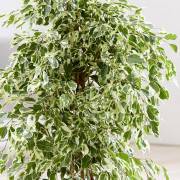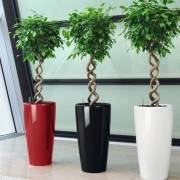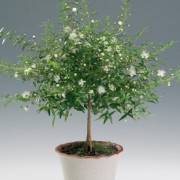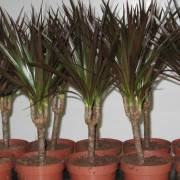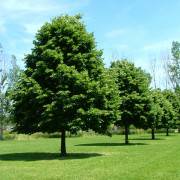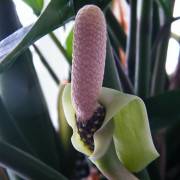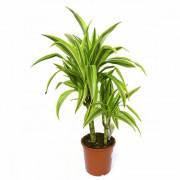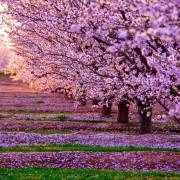Is it possible to keep ficus at home - is it good or bad?
Content:
Ficus belongs to the Mulberry family. Its second name is a rubber tree, since it contains up to 15% of the substance that is used to make rubber. In nature, there are more than 20 thousand species of this plant. At home, in the tropical forests of Asia and Africa, a tree can reach a height of forty meters or more, grow up to five meters wide. There are species in which branches that reach the ground take root, new shoots grow from them. Braiding around the main trunk, they crush it, the trunk dies. Perhaps this behavior of the plant gave rise to various legends and superstitions.
Is it possible to keep ficus at home - signs and superstitions
Ficuses grow not only in tropical forests. Some species feel great in the Crimea, in the Caucasus. The most famous ficus tree, the fruits of which are eaten, is the fig or fig tree (Ficus carica). Its fruits are rich in natural sugars, soluble fiber, potassium, iron, calcium, magnesium, copper, vitamins B1, B2, and minerals. The beneficial properties of figs are preserved not only fresh, but also dried.
Figs are especially useful for people:
- suffering from diseases of the nervous system;
- with cardiovascular diseases;
- diabetics;
- hypertensive patients (helps to reduce high blood pressure).
Fig has a positive effect on the work of the heart, removes bad cholesterol from the blood, reduces the risk of blood clots, strengthens the kidneys, liver, is a good prevention for respiratory diseases, heals the broncho-pulmonary system, has a beneficial effect on the work of the gastrointestinal tract, relieves constipation excess fat.
Ficus myths
An unusual plant is shrouded in many myths and superstitions. The peoples of different countries treat him differently. Some believe in the positive characteristics of the plant, in its ability to heal from many diseases, while others are afraid of its bad effects on humans.
The Slavic peoples have always treated him with prejudice, considering him to be an accomplice in the upbringing of base feelings in a person, such as envy, the product of gossip, scandals, and outbursts of aggression. It was believed that the house in which the ficus grows is doomed to bad relations within the family, love, mutual understanding, and harmony are leaving it. It has a negative effect on young girls for marriage, scares off potential suitors, interferes with serious relationships, the possibility of marriage.
According to the teachings of Ayurveda, ficus, on the contrary, is able to improve the energy in the house. The Chinese are unanimous in the opinion that the energy of the ficus clears the house of the negativity present in it, creates an atmosphere of love and mutual understanding among the inhabitants of the premises, and solves many pressing problems.
At present, the attitude of the Slavic peoples to the plant also began to change for the better, primarily because of its ability to cleanse the air from harmful impurities, bacteria. For this reason, it is recommended to grow it in the bedroom and other places of a person's rest.
Does ficus bloom
In Asia, Australia, you can see how the ficus blooms. The variety of colors is simply mesmerizing - white, brown, yellow, beige, red, except blue, from small 5 mm flowers to giant 40 centimeters flowers.
Ficus species
Before answering the question of whether it is possible to keep a ficus at home, it is worth figuring out what a ficus is. First of all, ficus is an evergreen tree, which in its natural habitat in native tropical forests can reach heights of up to 40 meters, the diameter of the tree trunk is up to 5 meters, the length of the leaves (whole, jagged, narrow, broad-leaved) is up to 70 centimeters. Rarely, but there are stems that creep along the ground (creeping) or weave along other trees. In total, more than 800 species of ficus grow in the tropics and subtropics of the Solomon Islands, Asia, Malaysia, New Guinea.
Ficus is used as a building material. The walls of houses are erected from the trunks, roofs are covered with leaves. Locals have even adapted the Ficus Elastica to build bridges across rivers.
Fícus Benghalénsis is capable of forming aerial roots on horizontal shoots, which, when dropped to the ground, promote the growth of new shoots, subsequently they themselves turn into trunks. Thus, one tree can grow over several hectares. In India, there is a two-hundred-year-old tree "Great Bayan", the crown of which reaches 350 meters in circumference, and 1.5 hectares of land are occupied under it.
Ficus Benjamin
Many types of ficus are bred for interior decoration in houses, apartments, offices. The most common species is Ficus Benjamina. Its leaves have an oblong shape of a monochromatic or spotted color. In the forests of India, China, this species reaches a height of 25 m, the growth of the decorative indoor Benjamin is inferior to the wild one, it reaches a height of no more than 2-2.5 meters. Ficus Benjamina looks very presentable, grows quickly, is not whimsical to care for. Benjamin has many subspecies: Exotic, Danielle, Curly, Fantasy, Naomi, Esther, Samantha and many others.
Ficus rubber (Ficus Elastica)
The second most popular is Ficus Elastica. It differs from Benjamin in the massiveness of the leaves. On dark green leaves with light spots, sap may appear, with which the plant heals its damage. If the milky juice gets on the human skin, all sorts of rashes can occur.
Dwarf ficus
It is not a tree, but rather a herb that takes root with its shoots. The leaves, abundantly covering the twigs, come in different shapes and colors. There is a shrub that has triangular leaves with light and even white leaves, it is called triangular.
Ficus: poisonous or not
For Muslims, Hindus, the ficus tree is considered sacred. With its help, enlightenment is achieved, spirituality is enhanced. The plant can often be found in Indian temples, in places of Muslim pilgrimage. Tourists tie ribbons on it to fulfill their desires.
For industry, the main product is the milky sap of the tree from which the rubber is made. The leaves of a wine berry or fig tree after harvest are used in a processed form to cure nested hair loss, skin pigmentation disorders.
Biologists have scientifically proven the non-toxicity of ficus. Photosynthesis in its leaves helps to cleanse the air from harmful impurities of benzene and phenol. Medicinal ointments made from the juice and leaves of ficus are excellent for treating diseases such as:
- mastopathy - the formation of nodules in the breast due to the proliferation of connective tissue;
- boils - purulent inflammation;
- sciatica, osteochondrosis - painful changes in the joints, spine;
- hematoma - accumulation of blood as a result of capillary rupture;
- toothache;
- upper respiratory tract diseases - bronchitis;
- gynecological diseases.
Decoctions and tinctures of this evergreen plant cope with uterine swelling, heal a woman's body, and increase the ability to conceive and bear a child. Therefore, the question whether ficus in the bedroom is possible or not disappears by itself. Its positive effect on a woman's body is undeniable, besides, it purifies the air.
It is not recommended to keep ficus in the house for people prone to allergies, asthmatics, and problems with the upper respiratory tract. This is especially true of rubbery varieties, which evaporate a milky juice called rubber through the leaves. The sap of the plant can harm a person if it gets on the gastric mucosa, on the skin.
Ficus in Feng Shui
Followers of the Feng Shui teachings prefer to keep a ficus in the house, because they consider it a symbol of wisdom. According to the doctrine, the plant contributes to:
- purification of energy at home;
- making the right decisions;
- getting rid of mental problems:
- elimination of anxiety;
- normalization of sleep;
- improving well-being while waking up;
- building relationships within the family.
It is very important not to buy the plant, but to receive it as a gift. There is a sign according to which, if new shoots grow on a green gift, then you can wait for the replenishment of the family. It will be even better when a woman dreaming of a child plants and grows a ficus herself: the chances of getting pregnant will increase significantly.
A tree is grown using the cut off top of a twig with several leaves. The stalk is placed in water until the roots appear or buried directly into the ground and covered with a transparent container. After the cutting takes root, gets stronger, it is transplanted into a larger pot with a soil mixture consisting of humus, turf, coarse sand and peat.
To achieve her dream, a woman needs not only to grow a plant, she must make it her friend, take care of it carefully, with love, talk, share her hopes with him. Only then will it be able to respond with mutual sympathy and bless its benefactor for motherhood.
It is highly advisable to keep ficus in the kitchen. This original tree with a lush crown, reminiscent of a tropical palm, will decorate the room. In Feng Shui, it will contribute to the financial well-being of the family, the establishment of relations between family members. In addition, it cleans the air from carbon monoxide, decay products, and harmful substances. According to ancient Chinese science, the ficus is a symbol of monetary wealth and contributes to the improvement of the owner's financial situation.
Ficus care
In order for a green handsome man to feel comfortable in the house, he needs to create appropriate living conditions. A place for it is chosen with good lighting, but without direct sunlight. The eastern and western sides of the house are more suitable for him. On the north side, additional lighting will have to be installed.
Ficus is quite thermophilic, the temperature in the apartment should be within 16-23 degrees. The tree loves slightly acidic or neutral soil, fresh air and cannot stand drafts and sudden changes in temperature. Also, the plant needs mineral fertilizing, a large consumption of warm water and spraying of leaves.
It is especially impossible to allow the soil to dry out in the summer and during the period of active growth, but you should not flood the soil under the tree. Excessive moisture can kill the plant. Every 3-4 years, a transplant is required into a new spacious container with a change of soil.
It is extremely difficult to make a ficus bloom in a home environment. To do this, he needs to create certain conditions:
- high level of humidity in the room (50-60%);
- perfect diffused light;
- constant spraying of leaves.
In addition, the ficus does not like to be moved from place to place.
Under natural conditions, ficuses live up to 600 years, at home their life is much shorter, about 15 years. To prolong the life of a green pet, it is necessary to do timely pruning, feed with fertilizers, and protect it from pests. Then the ficus will delight the owner with its magnificent view and cleanse the space around itself of everything bad.
